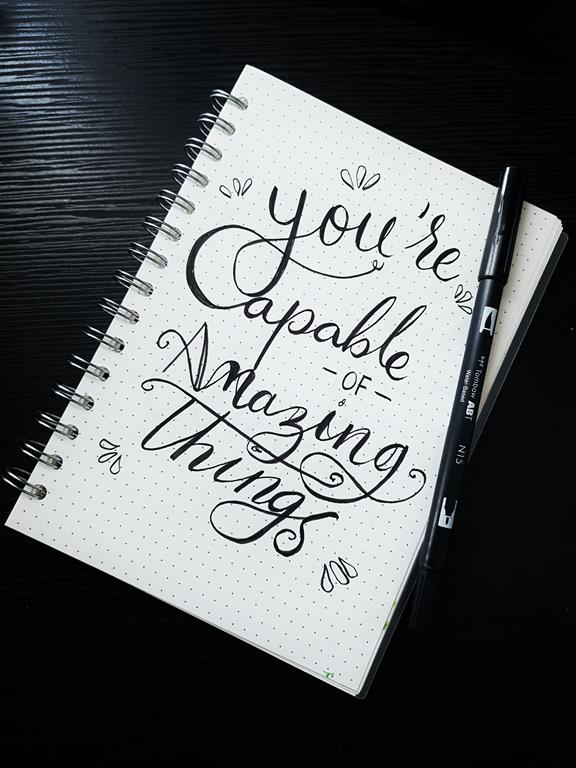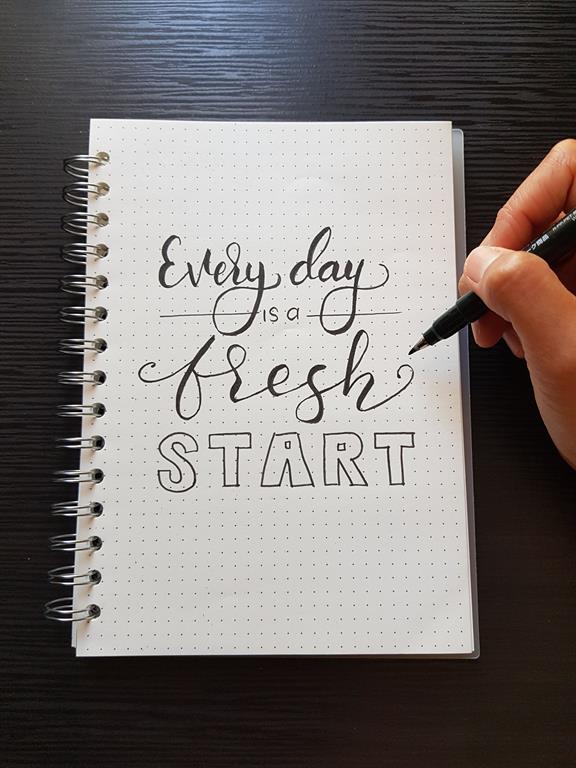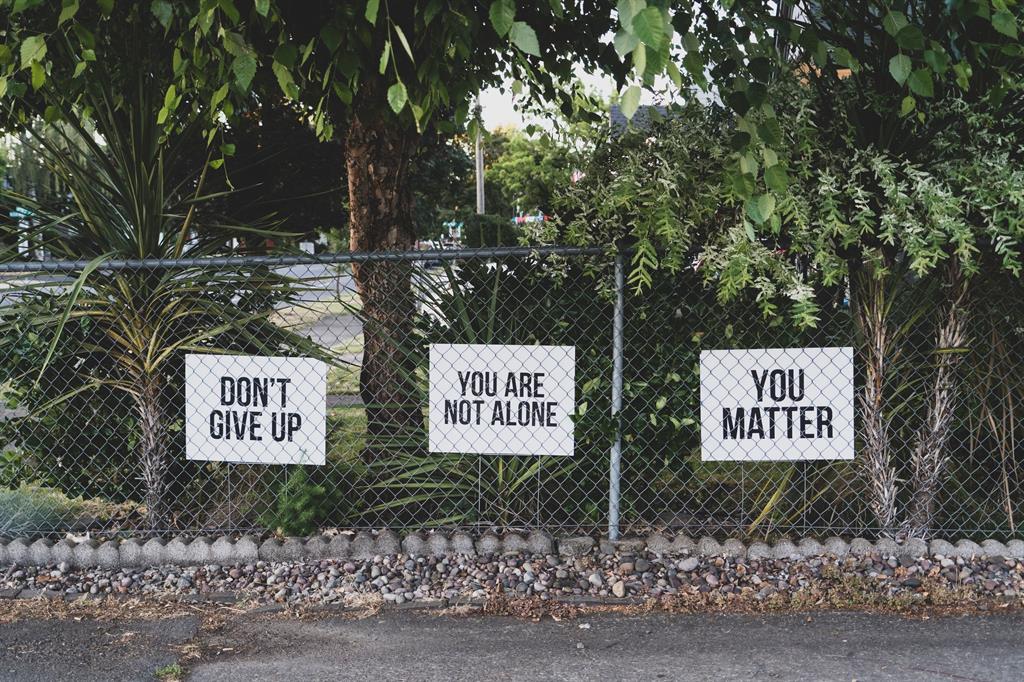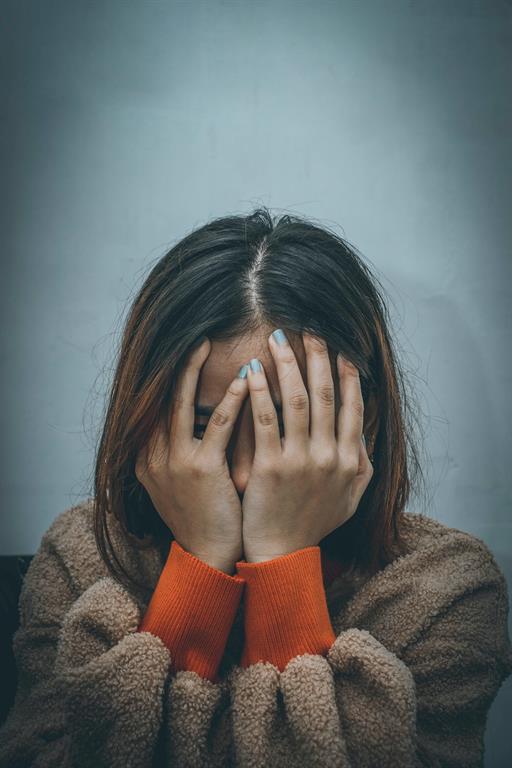More than the absence of mental disorders
According to the United Nations mental health is more than just the absence of mental disorders or disabilities.
Ideally it is a state of mental well-being in which people cope well with the many stresses of life, can realize their own potential, and can function productively and fruitfully. Exercise, taking your multivitamins every day or even an apple a day is just a portion of what we need to respond to and recover from COVID-19, says Charine Glen-Spyron.
"Good mental health too plays a key role in our fight against the Corona Virus. We have all experienced different effects of the virus, whether it may have a direct or indirect effect," she explains. Many were afraid of infection, dying or the loss of a loved one. However, there may have been other effects on individuals as well, including the loss of jobs, being socially isolated and thus separated from loved ones. The fact that people may not have the opportunity to say goodbye to dying loved ones and may not be able to hold funerals for them further contributes to distress. On the flip side however, there are those who may have been subjected to domestic violence and abuse as they are restricted to their homes. People who previously coped well with difficult situations can now be less able to do so because of the multiple stressors generated by the COVID-19 pandemic. Those who had experiences of anxiety and distress beforehand may experience an increase in the number and intensity of these.
"However, feeling under pressure is a likely experience for you and people close to you. Taking care of your mental health and well-being during this time is as important as managing your physical health," she says.
Taking care of your body:
*Get enough sleep. Go to bed and get up at the same times each day. Stick close to your typical sleep-wake schedule, even if you're staying at home.
*Participate in regular physical activity. Regular physical activity and exercise can help reduce anxiety and improve mood. Find an activity that includes movement, such as dance or exercise apps. Get outside, such as a nature trail or your own backyard.
*Eat healthy. Choose a well-balanced diet. Avoid loading up on junk food and refined sugar. Limit caffeine as it can aggravate stress, anxiety and sleep problems.
*Avoid tobacco, alcohol and drugs. If you smoke tobacco or if you vape, you're already at higher risk of lung disease. Because Covid-19 affects the lungs, your risk increases even more. Using alcohol to try to cope can make matters worse and reduce your coping skills. Avoid taking drugs to cope, unless your doctor prescribed medications for you.
*Limit screen time. Turn off electronic devices for some time each day, including 30 to 60 minutes before bedtime. Make a conscious effort to spend less time in front of a screen — television, tablet, computer and phone.
*Relax and recharge. Set aside time for yourself. Even a few minutes of quiet time can be refreshing and help to settle your mind and reduce anxiety. Many people benefit from practices such as deep breathing, tai chi, yoga, mindfulness or meditation. Soak in a bubble bath, listen to music, or read or listen to a book — whatever helps you relax. Select a technique that works for you and practice it regularly.
Taking care of your mind:
*Keep your regular routine. Maintaining a regular daily schedule is important to your mental health. In addition to sticking to a regular bedtime routine, keep consistent times for meals, bathing and getting dressed, work or study schedules, and exercise. Also set aside time for activities you enjoy. This predictability can make you feel more in control.
*Limit exposure to news media. Constant news about COVID-19 from all types of media can heighten fears about the disease. Limit social media that may expose you to rumors and false information. Also limit reading, hearing or watching other news, but keep up to date on national and local recommendations. Look for reliable sources, such as the U.S. Centers for Disease Control and Prevention (CDC) and the World Health Organization (WHO).
*Stay busy. Healthy distractions can get you away from the cycle of negative thoughts that feed anxiety and depression. Enjoy hobbies that you can do at home, such as reading a book, writing in a journal, making a craft, playing games or cooking a new meal. Or identify a new project or clean out that closet you promised you'd get to. Doing something positive to manage anxiety is a healthy coping strategy.
*Focus on positive thoughts. Choose to focus on the positive things in your life, instead of dwelling on how bad you feel. Consider starting each day by listing things you are thankful for. Maintain a sense of hope, work to accept changes as they occur and try to keep problems in perspective.
*Use your moral compass or spiritual life for support. If you draw strength from a belief system, it can bring you comfort during difficult and uncertain times.
*Set priorities. Don't become overwhelmed by creating a life-changing list of things to achieve while you're home. Set reasonable goals each day and outline steps you can take to reach those goals. Give yourself credit for every step in the right direction, no matter how small. And recognize that some days will be better than others. During the pandemic period, we will be faced with many challenges that could affect both us and those around us. However, we should normalize the fact that we and others are feeling anxious. Many have the misunderstanding that anxiety is always a sign of mental illness when in fact, psychologists have long recognized that anxiety is a normal and healthy function that alerts us to threats and helps us take measures to protect ourselves. However, feeling anxious does not mean you have to work through it alone.
The Ministry of Health and Social Services as well as LifeLine/ChildLine are always available to render services to those who deem it necessary. Furthermore, with regards to the many changes that pandemic has brought about, Virtual Therapy Sessions have now been made available to people nationwide, allowing them to receive psychotherapy while in the comfort of their own homes. For more information, contact Uni-Health at +264 83 337 6140 to ensure you are connected to a Health Care Provider of your choice.
"Good mental health too plays a key role in our fight against the Corona Virus. We have all experienced different effects of the virus, whether it may have a direct or indirect effect," she explains. Many were afraid of infection, dying or the loss of a loved one. However, there may have been other effects on individuals as well, including the loss of jobs, being socially isolated and thus separated from loved ones. The fact that people may not have the opportunity to say goodbye to dying loved ones and may not be able to hold funerals for them further contributes to distress. On the flip side however, there are those who may have been subjected to domestic violence and abuse as they are restricted to their homes. People who previously coped well with difficult situations can now be less able to do so because of the multiple stressors generated by the COVID-19 pandemic. Those who had experiences of anxiety and distress beforehand may experience an increase in the number and intensity of these.
"However, feeling under pressure is a likely experience for you and people close to you. Taking care of your mental health and well-being during this time is as important as managing your physical health," she says.
Taking care of your body:
*Get enough sleep. Go to bed and get up at the same times each day. Stick close to your typical sleep-wake schedule, even if you're staying at home.
*Participate in regular physical activity. Regular physical activity and exercise can help reduce anxiety and improve mood. Find an activity that includes movement, such as dance or exercise apps. Get outside, such as a nature trail or your own backyard.
*Eat healthy. Choose a well-balanced diet. Avoid loading up on junk food and refined sugar. Limit caffeine as it can aggravate stress, anxiety and sleep problems.
*Avoid tobacco, alcohol and drugs. If you smoke tobacco or if you vape, you're already at higher risk of lung disease. Because Covid-19 affects the lungs, your risk increases even more. Using alcohol to try to cope can make matters worse and reduce your coping skills. Avoid taking drugs to cope, unless your doctor prescribed medications for you.
*Limit screen time. Turn off electronic devices for some time each day, including 30 to 60 minutes before bedtime. Make a conscious effort to spend less time in front of a screen — television, tablet, computer and phone.
*Relax and recharge. Set aside time for yourself. Even a few minutes of quiet time can be refreshing and help to settle your mind and reduce anxiety. Many people benefit from practices such as deep breathing, tai chi, yoga, mindfulness or meditation. Soak in a bubble bath, listen to music, or read or listen to a book — whatever helps you relax. Select a technique that works for you and practice it regularly.
Taking care of your mind:
*Keep your regular routine. Maintaining a regular daily schedule is important to your mental health. In addition to sticking to a regular bedtime routine, keep consistent times for meals, bathing and getting dressed, work or study schedules, and exercise. Also set aside time for activities you enjoy. This predictability can make you feel more in control.
*Limit exposure to news media. Constant news about COVID-19 from all types of media can heighten fears about the disease. Limit social media that may expose you to rumors and false information. Also limit reading, hearing or watching other news, but keep up to date on national and local recommendations. Look for reliable sources, such as the U.S. Centers for Disease Control and Prevention (CDC) and the World Health Organization (WHO).
*Stay busy. Healthy distractions can get you away from the cycle of negative thoughts that feed anxiety and depression. Enjoy hobbies that you can do at home, such as reading a book, writing in a journal, making a craft, playing games or cooking a new meal. Or identify a new project or clean out that closet you promised you'd get to. Doing something positive to manage anxiety is a healthy coping strategy.
*Focus on positive thoughts. Choose to focus on the positive things in your life, instead of dwelling on how bad you feel. Consider starting each day by listing things you are thankful for. Maintain a sense of hope, work to accept changes as they occur and try to keep problems in perspective.
*Use your moral compass or spiritual life for support. If you draw strength from a belief system, it can bring you comfort during difficult and uncertain times.
*Set priorities. Don't become overwhelmed by creating a life-changing list of things to achieve while you're home. Set reasonable goals each day and outline steps you can take to reach those goals. Give yourself credit for every step in the right direction, no matter how small. And recognize that some days will be better than others. During the pandemic period, we will be faced with many challenges that could affect both us and those around us. However, we should normalize the fact that we and others are feeling anxious. Many have the misunderstanding that anxiety is always a sign of mental illness when in fact, psychologists have long recognized that anxiety is a normal and healthy function that alerts us to threats and helps us take measures to protect ourselves. However, feeling anxious does not mean you have to work through it alone.
The Ministry of Health and Social Services as well as LifeLine/ChildLine are always available to render services to those who deem it necessary. Furthermore, with regards to the many changes that pandemic has brought about, Virtual Therapy Sessions have now been made available to people nationwide, allowing them to receive psychotherapy while in the comfort of their own homes. For more information, contact Uni-Health at +264 83 337 6140 to ensure you are connected to a Health Care Provider of your choice.







Comments
Namibian Sun
No comments have been left on this article